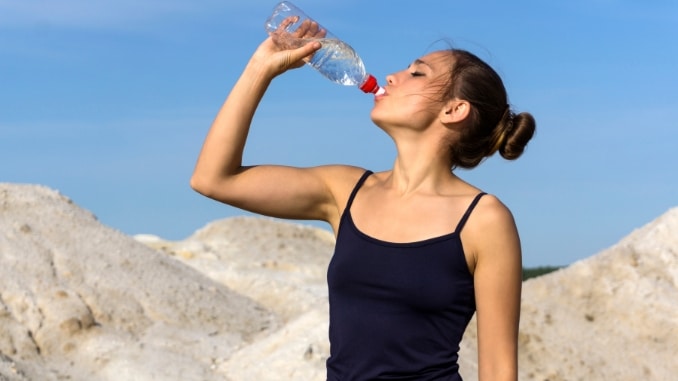
Hydration has become more important to me than ever before. I used to think drinking just a glass of water here and there was enough to stay hydrated. However, I’ve realized that dehydration can sneak up on me, especially during the hot summer days when I’m more active. One thing I’ve learned is to keep an eye out for Signs of Dehydration, such as dry mouth, dark urine, or even feeling lightheaded. These signs can be easy to ignore, but they’re crucial indicators that my body needs more water.
The signs are often subtle but can significantly impact my energy and mood. Today, I want to share 10 essential signs of dehydration that I’ve come to recognize. When I notice these signs, it’s time to grab my water bottle!
Here’s a quick overview of the 10 signs of dehydration:
- Fatigue
- Irritability
- Headaches
- Difficulty Concentrating
- Dark Yellow Urine
- Muscle Cramps
- Food Cravings
- Bad Breath
- Dry Skin
- Blurred Vision
What Is Dehydration?
Dehydration happens when my body loses more fluids [1] than it takes in. I was surprised to learn that even a 1-2 percent loss of body water can lead to mild dehydration, affecting everything from my energy levels to my mood.
10 Signs of Dehydration
1. Fatigue
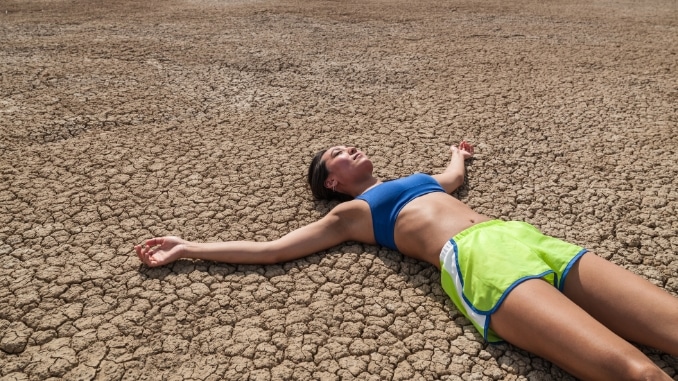
I can always tell when I’m feeling unusually tired—it often means I need to hydrate, as moderate dehydration can sap my energy. Mild dehydration has been shown to sap my energy, making even simple tasks feel like a chore.
2. Irritability
One of the 10 signs of dehydration is irritability. Have you ever snapped at someone for no reason? I have! I notice my mood swings more when I’m not drinking enough water. Research confirms that even slight dehydration can lead to irritability.
3. Headaches
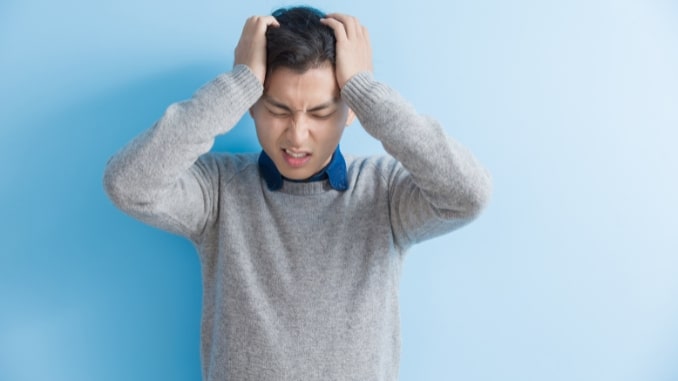
I’ve experienced the annoying pain of headaches that I later realized were due to dehydration. Studies suggest that increasing water intake can alleviate these pesky issues.
4. Difficulty Concentrating
I often check my water intake if I struggle to focus on work or a project. Dehydration can cloud my cognitive function, making it hard to concentrate.
5. Dark Yellow Urine
This is a telltale sign for me; dark yellow urine indicates that I need to drink more water. To gauge my hydration levels accurately, I keep a color chart handy. Dr. Zikky, a physician and scientist with a background in neuroscience, emphasizes the importance of staying hydrated throughout the day to prevent dark yellow urine and ensure overall health.
6. Muscle Cramps
During workouts, muscle cramps are my body’s way of telling me I need more fluids. Staying hydrated helps prevent these cramps, especially in the heat.
7. Food Cravings

I’ve caught myself reaching for snacks when I’m actually just dehydrated. I try drinking water first to see if it satisfies that craving. It often works!
8. Bad Breath
Another one of the 10 signs of dehydration is bad breath. Let’s be honest—no one likes bad breath. I’ve learned that when I’m dehydrated, my saliva production decreases, leading to unpleasant odors. Hydration is key to keeping my mouth fresh.
9. Dry Skin
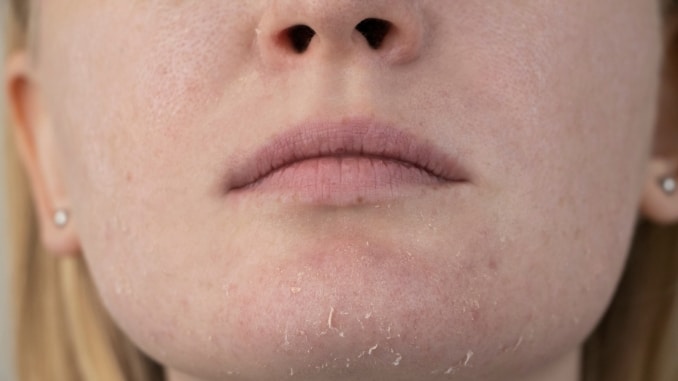
I know it’s time to drink when my skin feels dry or dull. Proper hydration keeps my skin looking its best, helping me maintain that youthful glow.
10. Blurred Vision
Dry eyes can blur my vision, especially after long hours on the computer. I’ve noticed that increasing my water intake helps keep my eyes comfortable and clear.
What Causes Severe Dehydration?
Often, it’s simply not drinking enough water. However, I’ve also encountered situations that can exacerbate dehydration:
- Increased sweating during hot weather or intense workouts.
- Lack of access to water when I’m out and about.
- Illnesses like fever, diarrhea, or vomiting that accelerate fluid loss.
- Certain medications that increase urination.
- Severe diarrhea, which can rapidly deplete the body’s fluids.
Who’s Most at Risk?

While anyone can become dehydrated, I’ve realized that certain groups are more susceptible:
- Children and infants lose fluids rapidly, especially when sick. One sign to watch for in infants is fewer wet nappies, indicating they may be dehydrated.
- Older adults may not feel thirsty, which puts them at risk.
- Individuals with chronic health issues like diabetes or kidney disease need to be extra cautious.
- Outdoor workers face higher risks due to heat exposure.
Dehydration in Vulnerable Groups
Certain groups are more susceptible to dehydration, and it’s important to be extra vigilant if you or someone you care for falls into one of these categories.
1. Children and Elderly
Children and elderly individuals are particularly vulnerable to dehydration. I’ve noticed that children, especially those under 5, can’t always communicate their thirst or symptoms of dehydration. Similarly, elderly individuals might not feel thirsty as often or have underlying health conditions that increase their risk.
- For children, ensure they get plenty of fluids throughout the day, especially if they’re active or unwell.
- Elderly individuals should drink regularly and monitor their urine output and color. It’s a simple yet effective way to monitor hydration.
Being aware of the signs of dehydration in these groups is crucial as a caregiver. If symptoms persist or worsen, don’t hesitate to seek medical attention.
Signs of Dehydration for Kids and Seniors
Understanding the signs of dehydration for kids and signs of dehydration for seniors is crucial for caregivers:
- Children: Watch for symptoms like irritability, dry mouth, and fewer wet diapers. Ensure they get plenty of fluids, especially when active or unwell.
- Seniors: They may not recognize thirst as easily. Encourage regular fluid intake and monitor urine color to ensure adequate hydration.
2. Athletes and Outdoor Workers
Athletes and outdoor workers are at a higher risk of dehydration due to excessive sweating and fluid loss. I’ve found that staying hydrated is key to maintaining performance and health.
- Drink plenty of fluids before, during, and after physical activity. It’s a habit that can prevent dehydration.
- Monitor your urine output and color to ensure you’re staying hydrated.
- Avoid excessive sweating by taking regular breaks and staying in shaded areas whenever possible.
- Wearing lightweight, loose-fitting clothing can help keep you cool and reduce fluid loss.
- If symptoms of dehydration persist or worsen, seek medical attention. It’s better to be safe and address the issue early.
By understanding these vulnerable groups’ unique risks and needs, we can take proactive steps to prevent dehydration and ensure everyone stays healthy and hydrated.
Why Staying Hydrated Matters
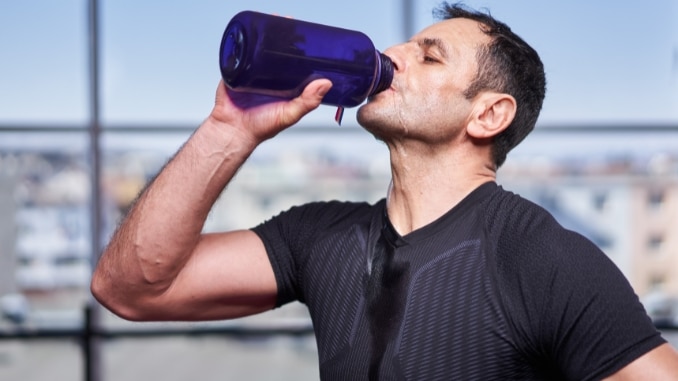
Water is fundamental to nearly every physiological function in my body. Here are some key reasons why staying hydrated is essential:
- Temperature Regulation: Water helps maintain a stable body temperature through perspiration and respiration.
- Nutrient Transport: It plays a critical role in transporting nutrients to cells [2] and facilitating the absorption of vitamins and minerals.
- Organ Function: Proper hydration is necessary for the optimal functioning of organs, including the kidneys, liver, and heart.
- Joint Lubrication: Water keeps joints lubricated, reducing friction and lowering the risk of injuries during physical activity.
- Cognitive Performance: Adequate hydration supports cognitive functions such as concentration, alertness, and memory.
- Waste Elimination: Water is crucial for removing waste products through urine and sweat, helping to prevent toxin buildup.
Understanding these benefits has motivated me to prioritize my daily fluid intake.
Consequences of Dehydration: Serious Complications
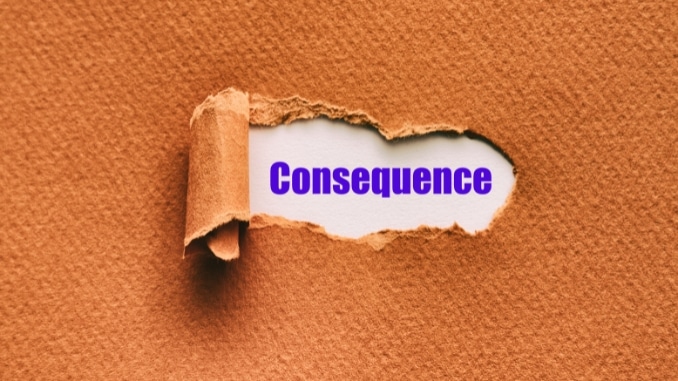
Neglecting fluid intake can lead to significant health issues, including:
- Fatigue and Weakness: Dehydration can cause tiredness and reduce physical performance.
- Headaches and Dizziness: Insufficient hydration can trigger headaches and feelings of lightheadedness.
- Kidney Failure: Severe dehydration can compromise kidney function, potentially leading to permanent damage.
- Hypovolemic Shock: A drastic drop in blood volume due to dehydration can result in this life-threatening condition, where organs fail to receive adequate oxygen.
- Cognitive Impairment: Dehydration can impair concentration and cognitive abilities, affecting daily tasks and decision-making.
I’ve learned that the repercussions of dehydration can profoundly impact my health, and these are complications I am determined to avoid at all costs.
Severe Dehydration
Severe dehydration is a life-threatening condition that requires immediate medical attention. It occurs when the body loses a significant amount of fluids, leading to a severe imbalance of electrolytes and water. Recognizing the signs early can make all the difference.
Recognizing Severe Symptoms
When dehydration becomes severe, the symptoms are hard to ignore. I’ve learned to watch out for:
- An intense, unquenchable thirst and a dry mouth that feels like sandpaper.
- Urine that’s dark yellow or brown, and a noticeable decrease in how often I need to go.
- A rapid heartbeat that feels racing, coupled with low blood pressure, makes me feel dizzy or lightheaded.
- Confusion or disorientation that makes it hard to think straight.
- More alarming signs like seizures, sunken eyes, cold or clammy skin, and rapid breathing.
Immediate Actions to Take
If you or someone you know is showing these severe dehydration symptoms, it’s crucial to act fast. Here’s what I’ve found helpful:
- Sip small amounts of water or oral rehydration solutions to replace lost fluids.
- Avoid giving young children fruit juice or fizzy drinks, as they can worsen dehydration.
- Continue breastfeeding or formula-feeding babies, and offer small sips of water or rehydration solution.
- Keep an eye on urine output and color to monitor hydration levels.
- Seek medical attention immediately if symptoms persist or worsen. Severe dehydration can lead to serious complications, so don’t wait to get help.
Prevention and Tips for Staying Hydrated
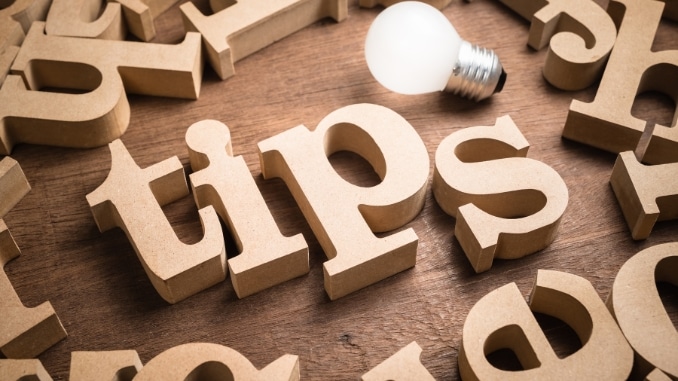
- Daily Hydration Goals – I’ve set personal hydration goals to ensure I drink enough water daily. Having a target helps keep me accountable.
- Hydration Strategies: Oral Rehydration Solutions – I always carry a reusable water bottle and set reminders on my phone to drink regularly to make hydration easier. This simple habit has made a big difference in how I feel. These strategies are also effective ways to treat mild dehydration, ensuring you stay properly hydrated.
- Adjusting for Activity Levels – On days when I’m more active or when it’s particularly hot, I consciously up my water intake. I’ve learned that listening to my body is key. By adjusting your fluid intake, you can effectively treat dehydration that may occur due to increased activity levels.
Conclusion
Recognizing the 10 signs of dehydration has significantly transformed my approach to hydration. I’ve come to understand that thirst is often a late indicator; by the time I feel thirsty, I may already be dehydrated. Staying alert to these warning signs empowers me to prioritize my daily fluid intake.
For instance, I now pay attention to symptoms like dry mouth, fatigue, and dark urine, which signal the need for hydration. By making hydration a priority, I can ensure my body remains healthy and energized. Let’s commit to staying hydrated—our bodies will truly thank us!
Does any of the following sound familiar – you don’t have any physical signs of illness, but you constantly feel tired and “gray,” and you have fatigue that doesn’t get better with sleep. Check out this 14-Day Adrenal Health Quick Start Program now!
Frequently Asked Questions
How do you check if someone is dehydrated?
Look for physical signs such as dry mouth, fatigue, dark urine, and changes in skin elasticity.
What is the fastest way to cure dehydration?
The quickest way to rehydrate is by drinking water or oral rehydration solutions, especially after fluid loss.
What happens to your body when you are dehydrated?
Dehydration can lead to fatigue, dizziness, reduced cognitive function, and in severe cases, kidney failure.
What is the feeling of dehydration?
Dehydration can feel like dry mouth, extreme thirst, fatigue, dizziness, headaches, dry skin, muscle cramps, and even confusion or irritability in severe cases.

